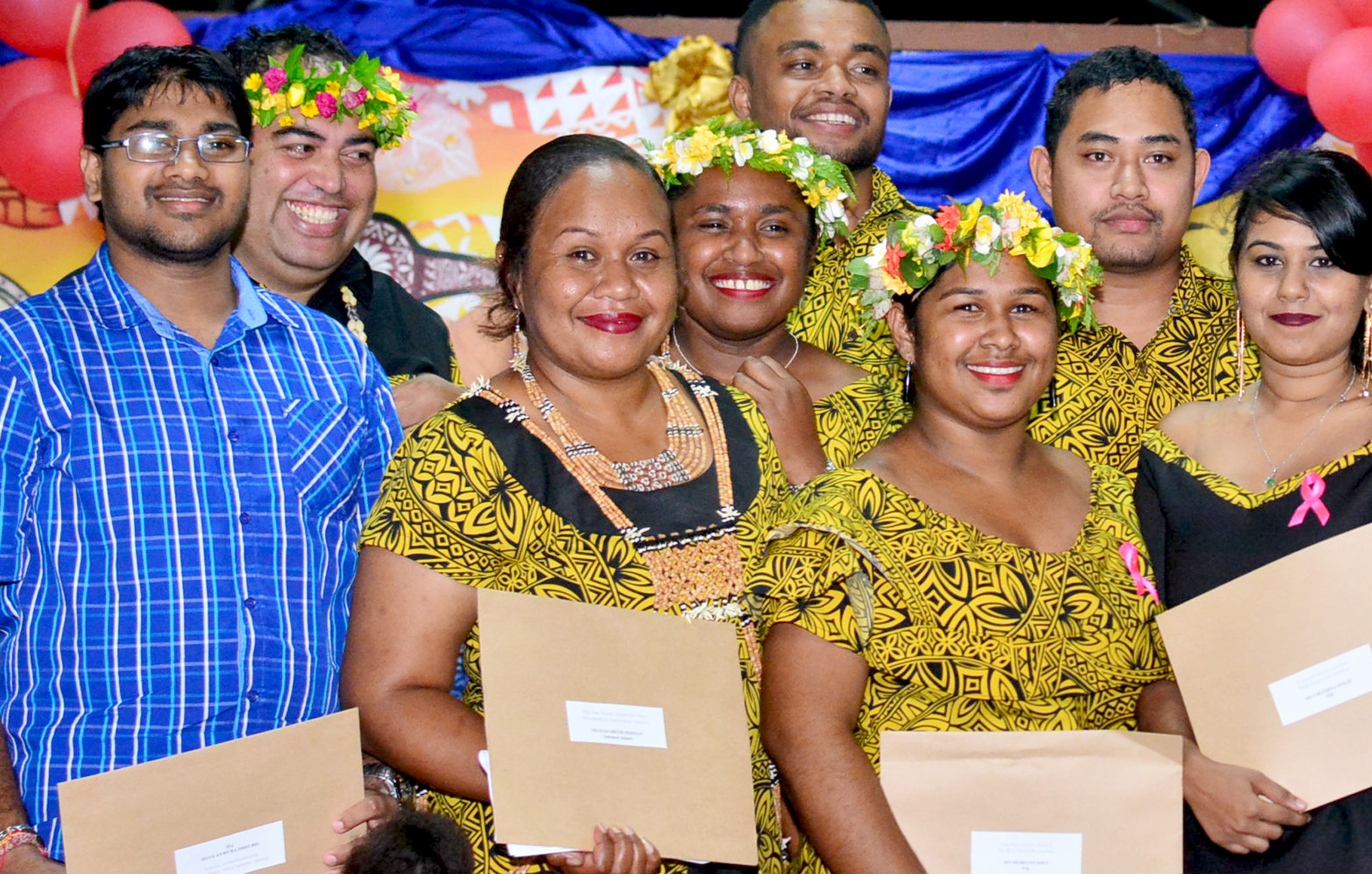
By Fred Wesley, editor-in-chief of The Fiji Times
SUVA (The Fiji Times/Pacific Media Watch): Professor David Robie, the director of the Pacific Media Centre, believes “journalists in the Pacific have frequently been persecuted by small-minded politicians with scant regard for the media”.
He was the chief guest at the University of the South Pacific’s 18th Journalism Awards night on Friday.
Prof Robie reminded students of a few journalism rules to keep in mind when they joined the industry.
“The first rule of interviewing, aspiring journalists were told in newsrooms — and also in a 1965 book called The Journalist’s Craft that I rediscovered in my book shelves — was pick the right source,” he said.
“Rely on sources who were trustworthy and well-informed.”
Fourteen awards were given to students.
The Fiji Times has been supportive of this programme over the years, showing support for our aspiring journalists, the future of the media industry in Fiji.
There is no doubt about the fact that the industry has changed so much in the past 10 years. New media is challenging the traditional business models of media companies.
For The Fiji Times, its biggest competitor at times is its own online portal or the Fiji Times Online website www.fijitimes.com
In addition to that, we have our mobile app, and social media platforms — Facebook, Twitter and Instagram. Fiji Times Online takes great pride in bringing "Today’s News Today", which means our newspaper has to have stories that are more indepth.
It means our journalists have to work harder. Media companies now have the challenge of feeding the appetites of consumers who have different preferences on how they want to receive their news.
While it is encouraging to see the interest in the journalism programme, the other challenge for the media companies is the perception that many graduates are only using the media companies as training grounds before they move on to the “other side”.
Media companies will always have the challenge of losing well-trained staff members who opt for communications or public relations jobs. For some journalists though, at the end of the day, journalism is a passion. It is a ticket and a tool.
The greatest satisfaction comes when you see that you have been able to help a fellow human being or community.
The Fiji Times continues to invest in journalists going out to places people hardly visit. We’ve told stories of people walking eight hours to reach a health centre.
We’ve told the story of students who walk and swim for hours to be educated. We do celebrate like Fiji has won a sevens tournament when we see these people being helped through the construction of roads.
These are just a few of the many reports that make up our contribution to the development of our great nation. Journalism is a passion and it can be rewarding in many ways.
We take this opportunity to wish all our journalism graduates the very best in their future endeavours and hope to see some of them joining Fiji’s newsrooms.
- David Robie's 'A future in journalism in the era of "media phobia"' awards talk and video
This work is licensed under a Creative Commons Attribution-NonCommercial 3




